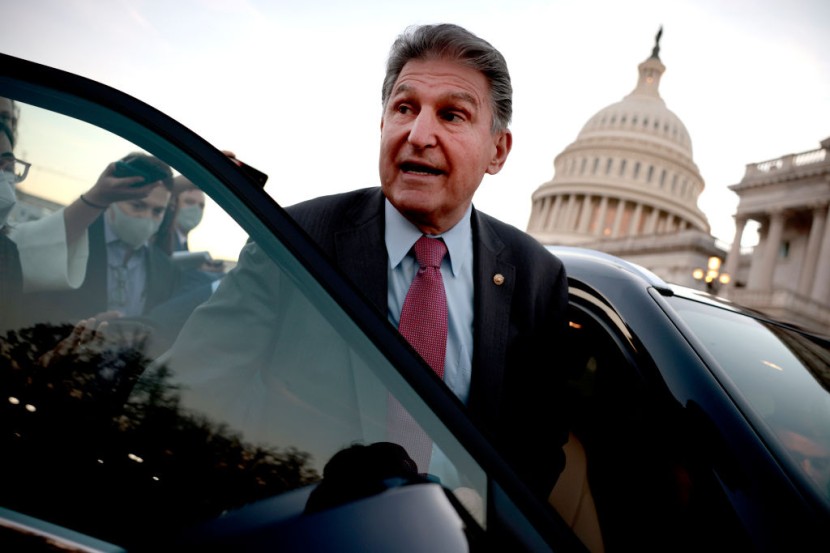
Democrats are likely to push out a vote on their social spending and climate bill, the Build Back Better Act, till next year due to their inability to find a consensus on numerous key components.
The failure to accomplish a major Democratic objective is a setback for Senate Majority Leader Chuck Schumer (D-N.Y.), who had planned to do it by Christmas Day. The plan hasn't been finished yet, and there are still a few significant holdouts, notably Sen. Joe Manchin of West Virginia (D-W.Va.), as per HuffPost.
Democrats' frustrations with Joe Manchin boil
Sen. Ron Wyden (D-Ore.) almost admitted on Wednesday that a vote on Build Back Better will be postponed until January at the earliest. Democrats are examining all viable possibilities to approve a single extension of the monthly Child Tax Credit payments, which would be suspended if Build Back Better is not passed before the end of the year, according to the chairman of the Senate Finance Committee.
Democrats want the monthly payments to be extended for another year. Since payments began in July, the initiative has reduced child poverty by roughly 30%. However, according to CNN, Manchin has continued to express opposition to the increased Child Tax Credit program, informing President Joe Biden that he wants to strike the funding amount included in the Build Back Better Act.
Sen. Michael Bennet (D-Colo.), a leading supporter of the program, said he hoped that wasn't the case and that if Manchin did take the stance, he would be "very, very surprised."
On Wednesday, Manchin denied that he opposes the Child Tax Credit, but he did not reply to a question about whether he favors extending the credit under Build Back Better. On Wednesday, he told reporters, "I've always been supporting the Child Tax Credit."
Democrats' Build Back Better plan could boost inflation
Other roadblocks stand in the way of passing legislation this year. Key measures like methane emissions levies, electric vehicle tax credits, and the state and local tax deduction are still being worked out. And bipartisan negotiations with the Senate parliamentarian to ensure the measure follows reconciliation rules, which will allow Democrats to avoid a filibuster, have yet to begin.
In short, Schumer won't be able to finish the legislative draft without the support of all 50 Democrats and thus won't be able to begin the process of bringing the measure to the floor. Democrats may yet get their ducks in a straight and approve the bill in the coming weeks, maybe as early as January.
Their main concern is that missing another deadline would jeopardize the law. The party is eager to move on to more productive endeavors, and increasing inflation may provide Manchin with even more cause to put the measure on hold. At a news conference on Wednesday, House Speaker Nancy Pelosi (D-Calif.) refused to grant a delay in comments.
As Democrats work to enact a social-spending bill before the holidays, the West Virginia senator remains the party's largest roadblock. Although Manchin's support is critical to passing BBB, he has consistently expressed reservations about the $1.75 trillion bill's potential to drive inflation even higher. Democrats contend that the plan is adequately funded and that its costs are spread out over ten years. Despite this, Manchin remains undecided about whether the package should be approved, even though inflation has been at its highest level since 1982.
According to a new study by BofA, Manchin's fears aren't unwarranted. An analysis of the package said it would add $260 billion to the federal debt over the next ten years. Despite this, economist Aditya Bhave noted in a Friday note to clients that the plan's expenditure is "front-loaded" while income from additional taxes is "back-loaded." As a result, the proposal's passage may swiftly flood the US with additional spending, keeping inflation at alarmingly high levels until income from higher taxes on the affluent and businesses begins to flow, Business Insider reported.
Related Article: Joe Manchin Signals Major Changes To Win His Support on Joe Biden's Build Back Better Bill; Senator Sounds Inflation Alarm
© 2025 HNGN, All rights reserved. Do not reproduce without permission.








